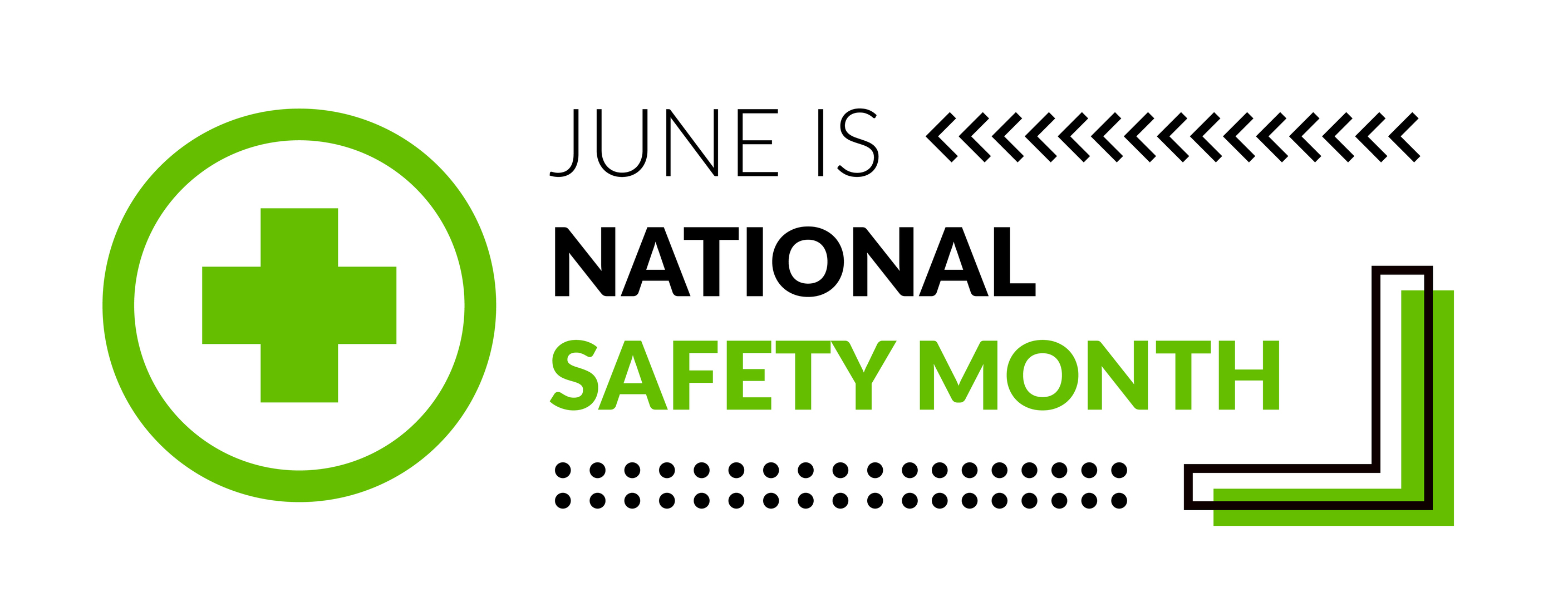The COVID-19 relief bill recently passed by Congress contains several important employee benefit-related provisions, including restrictions on “surprise medical bills,” new plan and health cost reporting rules, and additional flexibility for participants of health flexible spending accounts (HFSAs) and dependent care assistance programs (DCAPs).
Limiting Surprise Medical Billing
The legislation puts new rules in place to attempt to limit surprise out-of-network medical bills, which have become more common. The rules require payers (i.e., insurance companies and health plans) to agree to an out-of-network payment (the “qualifying payment amount”) for certain kinds of medical services.
If the parties cannot agree on the payment amount, the dispute will go to a pre-defined arbitration arrangement. Importantly, the plan will be required to cover services subject to the rules on an in-network cost-sharing level and participants will be protected from balance billing.
What Employers Need to Know Now
- The new requirements go into effect 1/1/2022. There will be significant regulatory guidance developed prior to the effective date.
- The participant balance billing protections apply to some, but not all, medical services, including: most emergency services provided out-of-network, air ambulance services, and non-emergency services (such as radiology services) performed by an out-of-network provider at an in-network facility.
- States may impose more stringent restrictions on surprise billing.
- There will be some employee notification requirements. However, employers will not typically have direct access to much of the payment information contained in an employee disclosure, so they will need to rely on their carriers or plan administrators to provide, or assist with, required notifications.
Additional Section 125 and 129 Reimbursement and Election Change Flexibility
Previous legislation and regulatory guidance had provided significant flexibility regarding reimbursements and election changes in Section 125 Cafeteria plans, HFSAs and Section 129 DCAPs. The latest COVID-19 legislation gives employers the option to offer even more flexibility to HFSA and DCAP participants.
- Carryovers Allowed for HFSA and DCAP – For plan years ending in 2020 or 2021, an employer may allow participants to carry over unused HFSA or DCAP balances to the next plan year.
- Extended Grace Periods Allowed – An employer may implement a HFSA or DCAP grace period of up to 12 months for plan years ending in 2020 or 2021.
- Election Changes – Employers may now allow employees to make prospective changes to HFSA or DCAP elections for any plan years ending in 2021, even if the employee has not experienced an recognized election change event.
- Special Rule for DCAP Participants with Dependents Who Age Out – The legislation contains a temporary rule that allows a plan to reimburse expenses for dependents who have not attained age 14 under certain
- HFSA Post-Termination Reimbursements – An employer may reimburse HFSA expenses incurred after termination by an employee who terminates from the plan during calendar years 2020 or
Employers have the option to implement some or all of the flexibility provided or could chose not to change their plans at all. Plans may be amended retroactively to implement any of all of these provisions. The plan amendment must be made no later than last day of the first calendar year beginning after the end of the plan year in which the amendment is effective. For example, for changes made to plan with a plan year ending 12/31/2020, the amendment must be made by 12/31/2021.
New Health Plan Reporting Rules
The legislation also includes significant new health plan reporting requirements regarding prescription and other health plan cost information. These requirements go into effect beginning in 2022. Plans will be required to report the following information:
- Plan year dates.
- The number of participants and beneficiaries.
- Each State in which the plan is offered.
- Information on the 50 brand prescription drugs most frequently dispensed for claims paid by the plan.
- Information on the 50 most costly prescription drugs with respect to the plan by total annual spending.
- The 50 prescription drugs with the greatest increase in plan expenditures.
- Total spending on health care services broken down by—
- hospital costs;
- health care provider and clinical service costs, for primary care and specialty care separately;
- costs for prescription drugs; and
- other medical costs, including wellness services, and spending on prescription drugs by the participants.
- The average monthly premium—
- paid by employers on behalf of participants and beneficiaries; and
- paid by participants and beneficiaries.
- Information about the impact on premiums from rebates, fees, and any other remuneration paid by drug manufacturers to the plan or its administrators or service providers.
Employer plan sponsors will be responsible to ensure that required reporting is completed for their plans, but again, much of the information required will need to be provided by carriers and plan administration vendors. We expect significant regulatory guidance on this reporting requirement to be released during 2021, which will help employers better understand exactly what needs to be reported.
Summary
The Section 125 and 129 flexibility will be welcome by participants but will pose some administrative communication challenges for employers. The restrictions on surprise health care billing will also be seen as a positive step in the right direction by employers and their employees. However, the devil is in the details. How well these new rules will be able to reduce surprise billing remains to be seen, and there could be a cost impact on plans that will need to be monitored. Finally, the new plan reporting requirements are likely to create additional administrative work for employee benefit managers, even if much of the information will be provide by carriers and administrators. We will keep you informed as additional details become available and regulatory guidance is issued.





EB.jpg)


